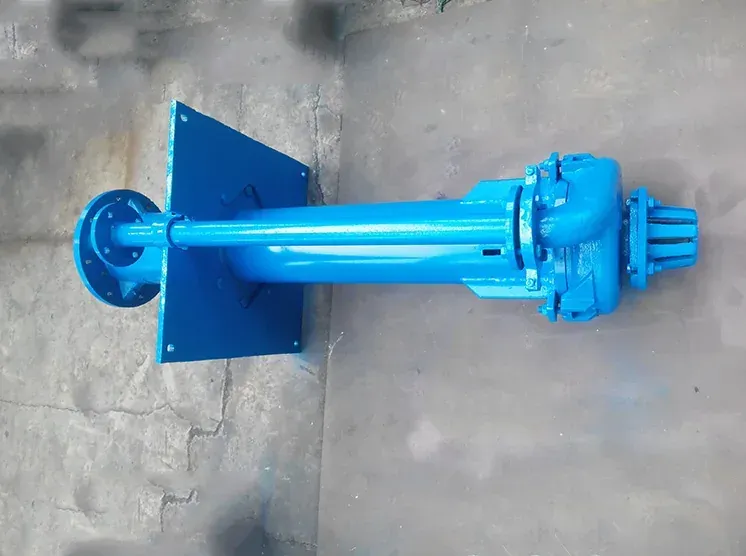Corsican
- Afrikaans
- Albanian
- Amharic
- Arabic
- Armenian
- Azerbaijani
- Basque
- Belarusian
- Bengali
- Bosnian
- Bulgarian
- Catalan
- Cebuano
- Corsican
- Croatian
- Czech
- Danish
- Dutch
- English
- Esperanto
- Estonian
- Finnish
- French
- Frisian
- Galician
- Georgian
- German
- Greek
- Gujarati
- Haitian Creole
- hausa
- hawaiian
- Hebrew
- Hindi
- Miao
- Hungarian
- Icelandic
- igbo
- Indonesian
- irish
- Italian
- Japanese
- Javanese
- Kannada
- kazakh
- Khmer
- Rwandese
- Korean
- Kurdish
- Kyrgyz
- Lao
- Latin
- Latvian
- Lithuanian
- Luxembourgish
- Macedonian
- Malgashi
- Malay
- Malayalam
- Maltese
- Maori
- Marathi
- Mongolian
- Myanmar
- Nepali
- Norwegian
- Norwegian
- Occitan
- Pashto
- Persian
- Polish
- Portuguese
- Punjabi
- Romanian
- Russian
- Samoan
- Scottish Gaelic
- Serbian
- Sesotho
- Shona
- Sindhi
- Sinhala
- Slovak
- Slovenian
- Somali
- Spanish
- Sundanese
- Swahili
- Swedish
- Tagalog
- Tajik
- Tamil
- Tatar
- Telugu
- Thai
- Turkish
- Turkmen
- Ukrainian
- Urdu
- Uighur
- Uzbek
- Vietnamese
- Welsh
- Bantu
- Yiddish
- Yoruba
- Zulu
Telephone: +86 13120555503
Email: frank@cypump.com
Oct . 13, 2024 19:00 Back to list
pipeline pumps
Understanding Pipeline Pumps Essential Components of Fluid Transfer Systems
Pipeline pumps are crucial equipment in various industries, including oil and gas, water treatment, and chemical manufacturing. They facilitate the efficient transfer of fluids across long distances through pipelines, ensuring a steady and controlled flow essential for operational efficiency. This article explores the working principles, types, and applications of pipeline pumps, highlighting their importance in modern industrial processes.
Working Principles of Pipeline Pumps
At their core, pipeline pumps function by converting mechanical energy into hydraulic energy, allowing fluids to move through pipes. The process usually involves an impeller and a motor. As the motor spins the impeller, it imparts kinetic energy to the fluid, causing it to flow. This energy is then converted into pressure energy, pushing the fluid through the pipeline.
The choice of pump design—centrifugal or positive displacement—affects the application and efficiency of the pumping process. Centrifugal pumps, powered by an impeller, are commonly used for high flow rates and low-viscosity fluids. They operate based on the principles of centrifugal force, drawing fluid into the impeller and expelling it outward. In contrast, positive displacement pumps are suitable for thicker fluids and applications requiring specific flow rates, as they move fluid by trapping fixed amounts and pushing them through the system.
Types of Pipeline Pumps
There are several types of pipeline pumps tailored to different applications
1. Centrifugal Pumps These are the most widespread type of pipeline pump, ideal for water, petroleum, and other low-viscosity liquids. They can be further classified into single-stage, multi-stage, and submersible pumps based on their configuration.
2. Positive Displacement Pumps This category includes gear pumps, diaphragm pumps, and screw pumps. They are suited for high viscosity fluids and situations where a constant flow rate is essential, such as in hydraulic systems.
pipeline pumps

4. Multistage Pumps These consist of multiple impellers in a single casing, allowing for increased pressure and higher performance in applications that demand greater elevation changes.
Applications of Pipeline Pumps
Pipeline pumps find extensive use across various sectors
- Oil and Gas In transportation systems, pipeline pumps efficiently move crude oil, natural gas, and refined products through extensive networks.
- Water Supply and Treatment Municipal water systems rely on pipeline pumps to deliver clean water to communities while also managing wastewater treatment processes.
- Chemical Processing Industries that involve the movement of acids, solvents, and other chemicals depend on specialized pumps designed to handle corrosive materials.
- Agriculture Farmers utilize pipeline pumps for irrigation, ensuring that water is distributed uniformly across fields.
Conclusion
Pipeline pumps are fundamental to fluid transfer systems, significantly impacting the efficiency and effectiveness of various industrial processes. Understanding the types, working principles, and applications of these pumps is vital for optimizing their use and maintaining operational integrity in relevant sectors. As industries continue to evolve, advances in pump technology will likely enhance their performance further, meeting the ever-increasing demands of fluid transportation.
-
Custom Drilling Mud and Slurry Pump Supplier - High Efficiency, Tailored Solutions
NewsJun.10,2025
-
Supply Vertical Submersible Sewage Pump High-Efficiency WQ/QW Pumps Supplier
NewsJun.10,2025
-
Premium Sewage Ejection System & Pumps Efficient Waste Removal
NewsJun.09,2025
-
Premium Wholesale Slurry Pump Impellers Durable & Efficient Slurry Handling
NewsJun.09,2025
-
Top Sewage Pump Companies Durable Industrial Solutions for Efficiency
NewsJun.09,2025
-
Heavy Duty Slurry Pumps - OEM High Performance & Bulk Wholesale
NewsJun.09,2025










